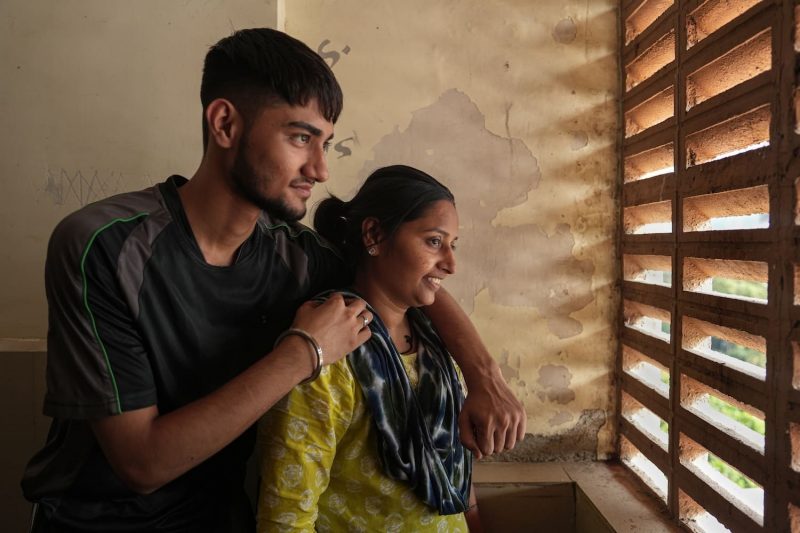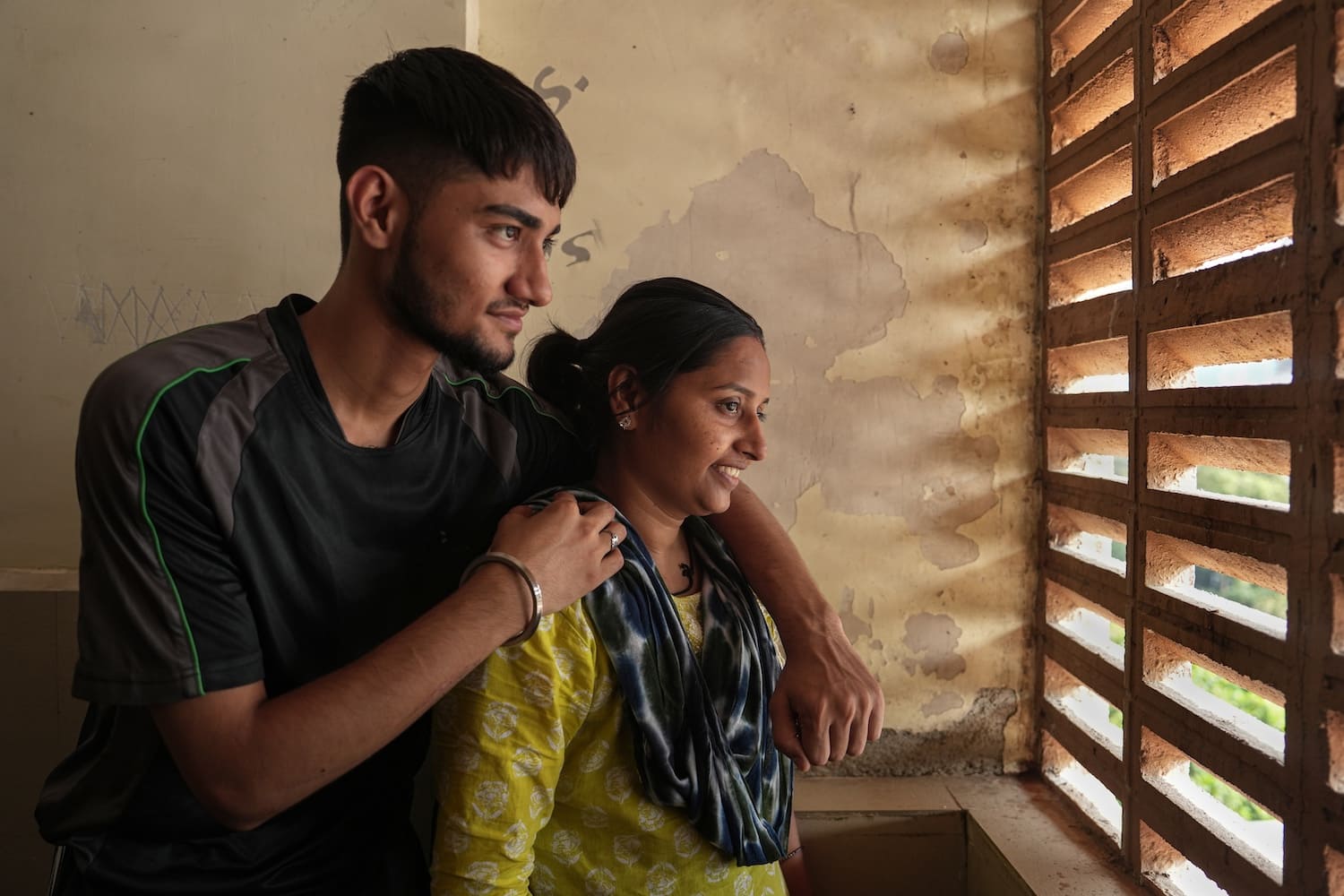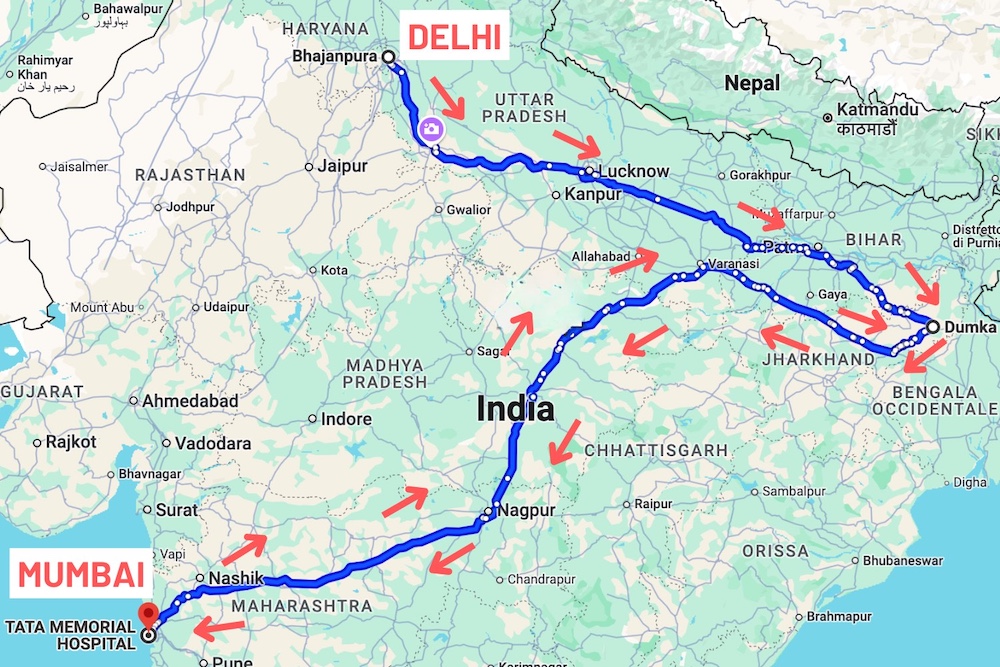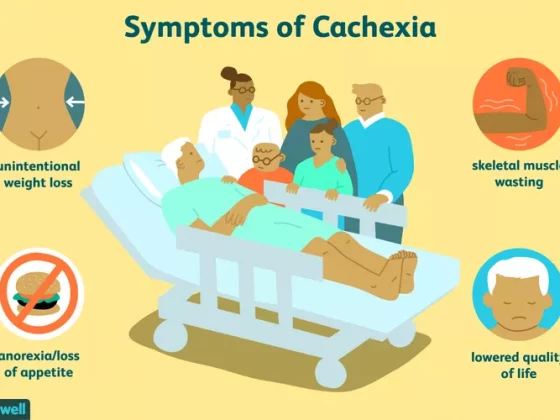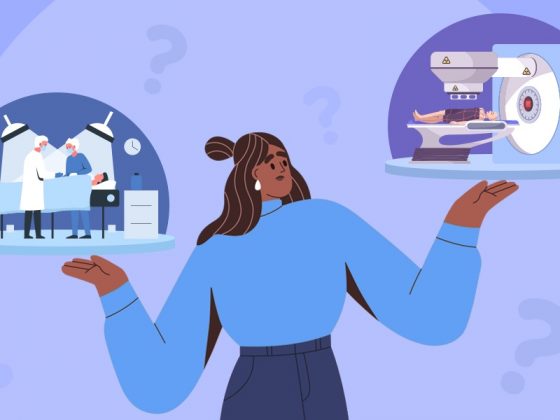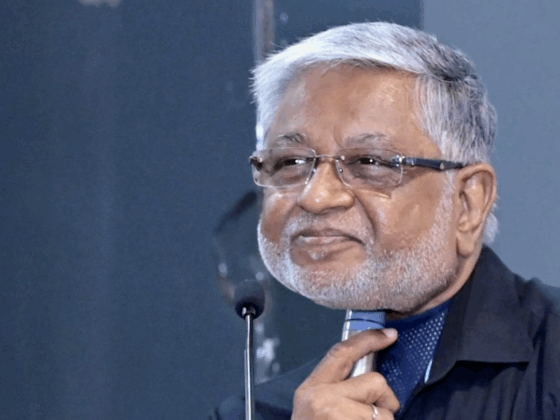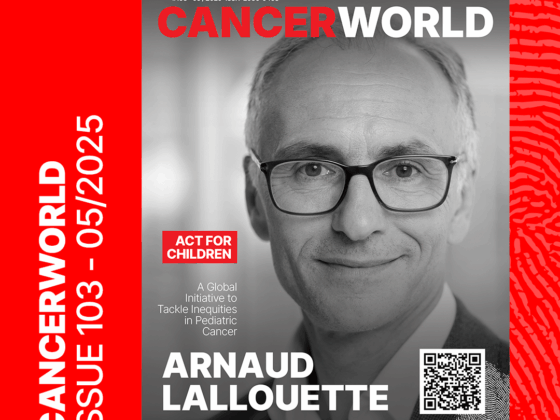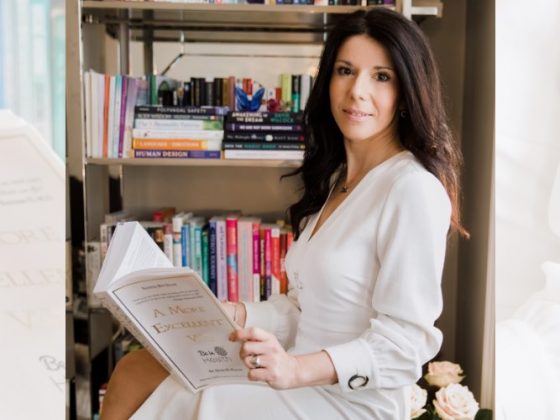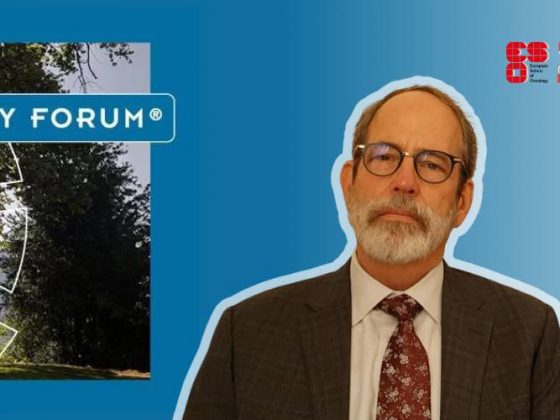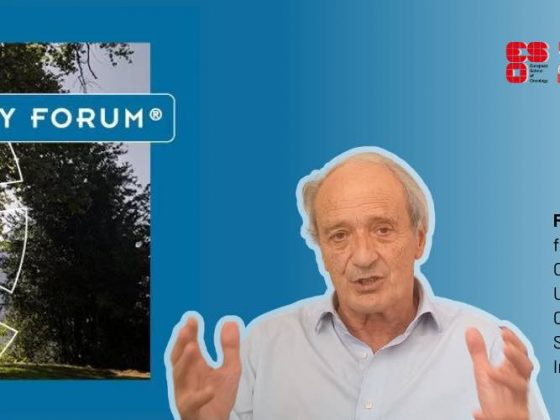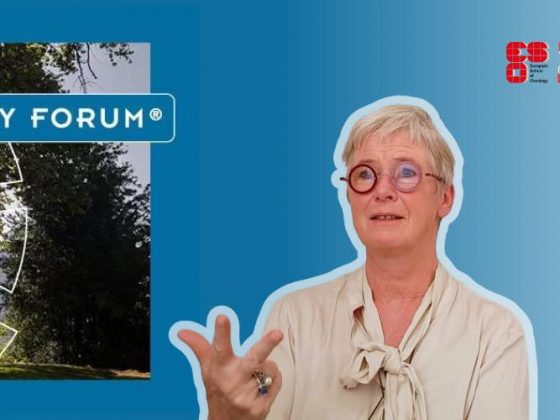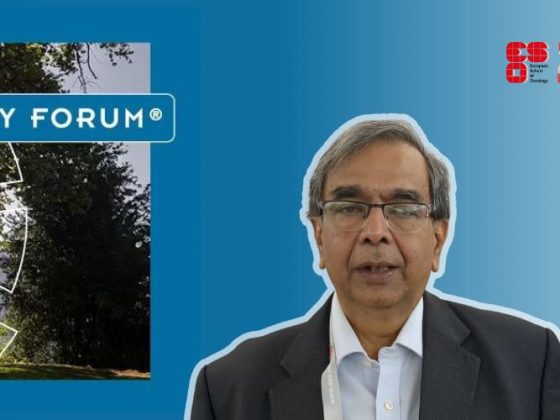In October 2020 when I was 16, our family life changed dramatically when my mother was diagnosed with stage 3 breast cancer. She had known about a lump in her breast for a few months, but she didn’t tell anyone, probably because she didn’t want to worry us and also because we had lately been struggling to make ends meet.
Though we had limited means, and despite being the eldest of three children, my childhood – in the Bhajanpura area of Delhi – had been relatively carefree up to that point. My dad, Rakesh, had been working as a parking assistant, earning Rs.10–15,000 [$120–180] per month, and my mother, Amrita, was a homemaker.
2020 was the year of the Covid pandemic and, at the time of my mother’s diagnosis, our family was already struggling to cope with the loss of my father’s job following India’s national lockdown [March 24–June 1]. There were days when we didn’t have anything to eat. My dad told me to go to the nearest Anganwadi centre [government-run childcare centre] and get the food distributed there. I was hesitant, but soon got used to standing in the food distribution queues.
As the lockdown was easing up, my mother’s disease caught up with us. Dad took her to Guru Teg Bahadur Hospital, a public hospital, but later said he can’t go with her anymore. My dad is not good at running around and does not work well under pressure. That is when I started going with mum. It was my first experience there, and I saw how crowded the government hospitals are, how one has to stand in the queue for hours and one has to pay bribes just to see the doctor. Most of our money and time was spent on investigative tests. We were sent to Rajiv Gandhi Cancer Institute in New Delhi for free tests, and we did nine chemos in Delhi Cancer Institute, but they then told us to buy the chemotherapy drug ourselves as they had no stock. That was out of question for us, we had no money to eat, how could we find money for medicines?
“We did nine chemos in Delhi Cancer Institute, but they then told us to buy the chemotherapy drug ourselves as they had no stock”
At home, mum and dad started having fights. Dad used to drink and argue with mum. That is when my Nani [mum’s mother], who lives in Dumka, Jharkhand [an eastern state, 1300km away], asked us to come there, and said that we will find a solution. My mum and I left for Jharkhand, my sisters stayed in Delhi with dad. In Jharkhand, two or three months whizzed by; my mother was not receiving any treatment so far. We enquired, and someone suggested that we should go to Tata Memorial Hospital in Kolkata; someone else suggested that it would be better to go to the ‘main [Tata Memorial] hospital’ in Mumbai.
We didn’t know anyone in Mumbai, but my Mausi [mum’s sister] accompanied my mother and me to Mumbai. We found a small room for Rs.5000 a month [$60] and started the trip to the Tata Memorial Hospital. In Mumbai, we got to know that her cancer had progressed to stage 4 and spread to the other breast too. We did some sessions of chemotherapy, but it didn’t work. We even had to stop radiation because of bleeding. Again, most of the money we had brought was spent in investigations and we were running out of money.
We knew we had to keep going. On talking to other patients, I found that there are various charitable trusts in Mumbai who help cancer patients with their treatments. I got to work and got all the papers ready. I often had to travel from one end of the city to another asking for funds, and often came back empty handed. But talking to other patients and caregivers helped me not lose hope.
“From an introvert, I started opening up, and that’s how I could manage to keep her treatment going”
It was around the same time that we moved to Gadge Maharaj Dharamshala, a subsidised hostel for cancer patients and their caregivers, near Tata Memorial Hospital. For three months, we stayed in the courtyard of the building as we had no money. Later we received some financial help from the charities, and we were able to move to the common hall inside. Throughout all this my dad visited us once in Mumbai, and sometimes sent money. It was my Nani who sent money for my mother.
One thing I learned through this experience is that one must be able to talk to strangers, this is the only way to get things done. From an introvert, I started opening up, and that’s how I could manage to keep her treatment going.
I decided to opt for the common hall with many bunk beds instead of private rooms because I know my mother would get lonely and anxious. Staying with others gave her strength. I would often point out to other patients and tell her that if they could get better so could she. She was slowly making friends and feeling more positive. But in reality, doctors had told her that her cancer had spread, and that they had tried all drugs, and nothing was working.
We still hoped for a miracle because there was a 5% chance that a clinical trial would work for her. This is the reason why we continued to stay in Mumbai despite the advice of the palliative care team who told us to go back to Delhi. How could we give up now and how could I manage to take care of her in Delhi? But the wait for the clinical trial was long and, when it started, they found out that the drugs weren’t working.
“It was my Mausi who finally took us in, despite their own precarious conditions, and her daughters helped care for my mother”
Early this year we left for Jharkhand to go to my Nani’s place. We didn’t want my sisters to see my mother in this condition. My mum was back in her childhood home, relieved, but her disease had been ravaging her body. Meanwhile, there were disagreements with my Nani on how long we would stay, and it was my Mausi who finally took us in, despite their own precarious conditions, and her daughters helped care for my mother.
Towards June this year, she was struggling to breathe and writhing in pain. Dumka, the small town we were in, didn’t have the pain medicines she needed, and I would need to go to AIIMS Deoghar [All India Institute of Medical Sciences], over three hours away if I needed to get the drugs. But her doctors had told me that her heart was weak and may not be able to take in more pain killers. All of us took turns to be with her, massage her back, give her water, and make her comfortable. Dad and my sisters came to see her. She breathed her last on June 12, 2024, surrounded by her family. Despite knowing the end was near, I was left stunned by her death.
I had never experienced anything like this. I was numb. Thankfully the friends I had made in Dumka were supportive. Two or three friends had lost their mothers to cancer, and another had lost his father to Covid. They listened to me and counselled me, giving me much needed support. Even my friends in Delhi used to call me throughout my mother’s illness to cheer me up. Even though we are not in touch, I am grateful to them. My dad could have stepped up more, but I know he cannot deal with pressure situations, and he did take care of my sisters on his own. As for me, I know I had to quit my studies and put my dreams on hold, but if I had not stepped in, my mum would have been alone through this.
Now, I am back at home in Delhi. I wanted to start work, because we have some debts to clear, but dad is against it. He wants me to stay at home and look after the household. So that’s what I am doing. I had dreams of being a social media influencer, I am still wondering how to go about it. My younger sister and I take turns cooking. I also spend time in the gym working out. To be honest, this house does not feel like a home, there is no warmth without mum. Even my father cries sometimes. My sisters had stayed away from her for the last three years, so they are doing much better than expected. My mother’s last words to me were, “You always said I will get better, but I am not getting better, am I?” I feel guilty about that sometimes. If we had not spent time waiting to raise funds, she may have been alive. If Delhi had implemented *Ayushman Bharat, mum could have been treated in Delhi, close to home. These ‘ifs’ don’t matter now; her absence is permanent, and it stings constantly.
*Pradhan Mantri Jan Arogya Yojana popularly known as Ayushman Bharat: The Indian government’s national health insurance scheme for poor families, which gives hospitalisation coverage up to Rs.500,000 ($5,954). Delhi is among only three states that have not implemented the scheme.
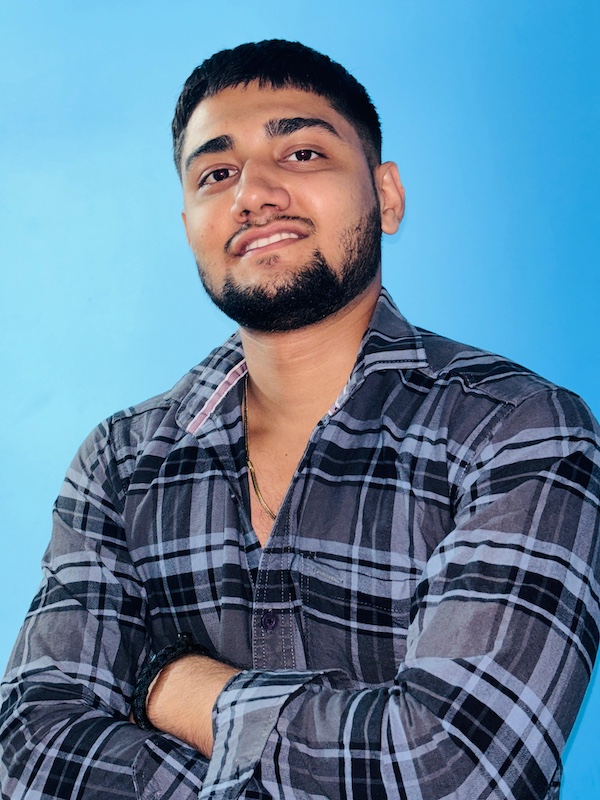 From the age of 16 to 19 years, Mohit Singh, was the primary caregiver for his mother Amrita. His story is published here as told to Swagata Yadavar.
From the age of 16 to 19 years, Mohit Singh, was the primary caregiver for his mother Amrita. His story is published here as told to Swagata Yadavar.
The opening photo shows Mohit with his mother Amrita at the Gadge Maharaj Dharmshala subsidised hostel for cancer patients in Mumbai, December 2023. Photo credit: Afzal Adeeb Khan ©
Amrita and Mohit’s ‘cancer journey’
Amrita and Mohit’s three-year cancer journey started in the summer of 2020, in Bhajanpura, Delhi – one of only three states in India with no health insurance scheme for poor families. Financial hardship contributed to months of delays in accessing treatment. This included a delay in Amrita even reporting the lump to her family for fear of adding to an already stressful situation. There were then further delays finding money for successive tests and investigations – which revealed a stage 3 breast cancer – and then accessing treatment at a nearby public hospital. That treatment was halted long before completion, when the hospital claimed it had run out of the medication. The stress on the family led to Amrita and Mohit journeying 1350km to Dumka to stay with her mother. Further months passed as they tried to figure out what to do. Amrita and Mohit eventually decided to make the 2000-km journey to Mumbai, where they knew nobody, but Amrita could get free treatment at the Tata Memorial Hospital. By this time, her cancer had advanced to stage 4. Amrita and Mohit spent more than a year in Mumbai, going through successive lines of treatment, including a clinical trial. When all treatments failed, they made the journey back to Dumka, where Amrita’s sister took them in. It was here – a six-hour round-trip from the closest access to opiate painkillers – that she spent the last months of her life, cared for by Mohit and his cousins.

